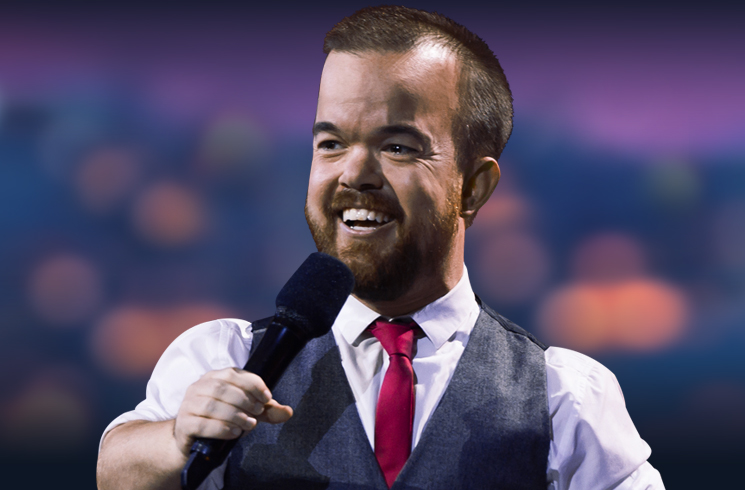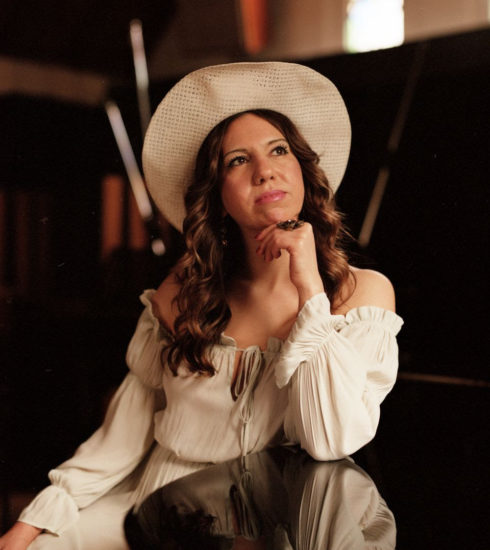Is the Oscars Finally Getting Better At Representing Diversity in the Film Industry
The Oscars may be a decades-old award-giving body, but this doesn’t mean that it has remained traditional since the first ceremony back in May 16, 1929. Insider recalls some of the most glaring changes in the Oscars in terms of inclusion and diversity. For instance, although the event is known for costing a fortune in fashion alone, this wasn’t the case in 1941, when nominees were asked to dress in a more somber style in reverence for those affected by World War II. Much later, in 1994, the Oscars were hosted by Whoopi Goldberg – the first time in its history that the ceremony wasn’t hosted by a white man. Through internal and external pressures, the Academy Awards have been open to positive institutional changes towards being more inclusive and diverse. Thankfully, this is a trend that is continuing in 2019.
As the 91st Academy Awards looms on the horizon, three Best Picture nominees stand out. Black Panther is the culmination of several African-Americans’ efforts to define racial representation in the canon of a high-budget Hollywood superhero film. Spike Lee’s BlacKkKlansman tells the story of how a black rookie detective who infiltrates the Klu Klux Klan with the help of a Jewish detective. Roma is a family drama explored through an inter-sectional and neo-feminist lens, with an all-Mexican cast under acclaimed director Alfonso Cuaron. In short, there is no doubt that the Academy is moving towards a more inclusive process in terms of determining nominees.
At the same time, it’s also fair to say that the Oscars could do better for women as well as Asian filmmakers. There are still no Asian nominees, which is especially notable considering that the globally popular Crazy Rich Asians was in this year’s running. Despite this movie’s rich roster of talented Asian women – Constance Wu, Awkwafina, Michelle Yeoh – neither of them bagged a nomination. In fact, USA Today also reminds us that no women were included in the best-director category this year – despite the fact that throughout Oscar history, there have only been five women nominated for the award. With this in mind, who can forget last year’s Oscar snub of Wonder Woman?
Like Black Panther, Wonder Woman redefined the superhero genre and showed that a female led, and female directed, comic book blockbuster could be just as successful, commercially and critically, as the male driven films. An important historic and cultural feat that many argue should’ve been enough to bag a nomination. Yet despite the Oscars not fully recognizing each film as much as they deserve, the strong female characters in Black Panther and Wonder Woman have made a positive impact in modern media. They have inspired many other representations to come through in various ways, especially online. Netflix now offers a category reserved exclusively for female directors, including Susanne Bier’s highly popular Bird Box, Claire Scanlon’s Set It Up, and Anne Fletcher’s Dumplin’. Elsewhere, Natural Powers from TuxSlots features only female superheroes, a reflection of the increasing female presence in the genre. With Letitia Wright winning the Rising Star Bafta this year and Black Panther bagging the best cast category at the SAG awards, it shows the positive change happening within the film industry, which will only encourage more filmmakers in the future.
The long and short of it is that although the Oscars are getting more progressive year-by-year, it still has a long way to go in terms of being truly diverse and inclusive – especially compared to other mainstream media institutions. The Academy is certainly no Toronto Black Film Festival, but it’s moving in the right direction. Video:











